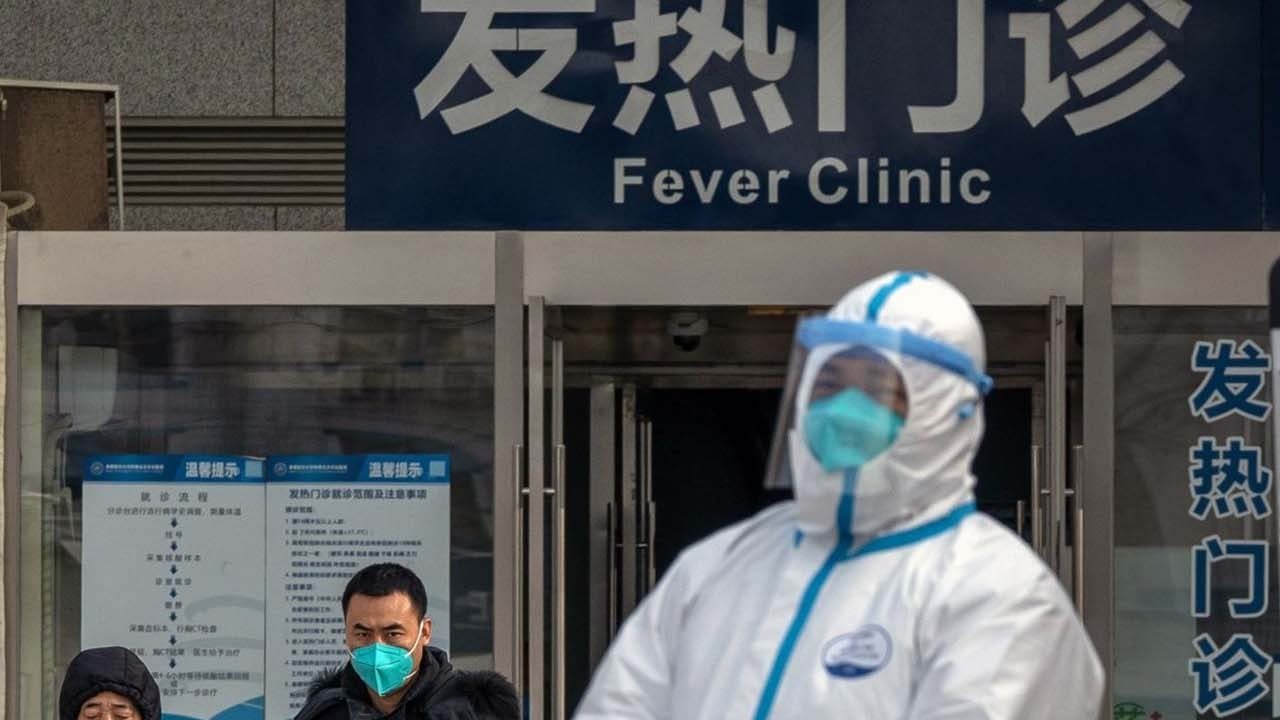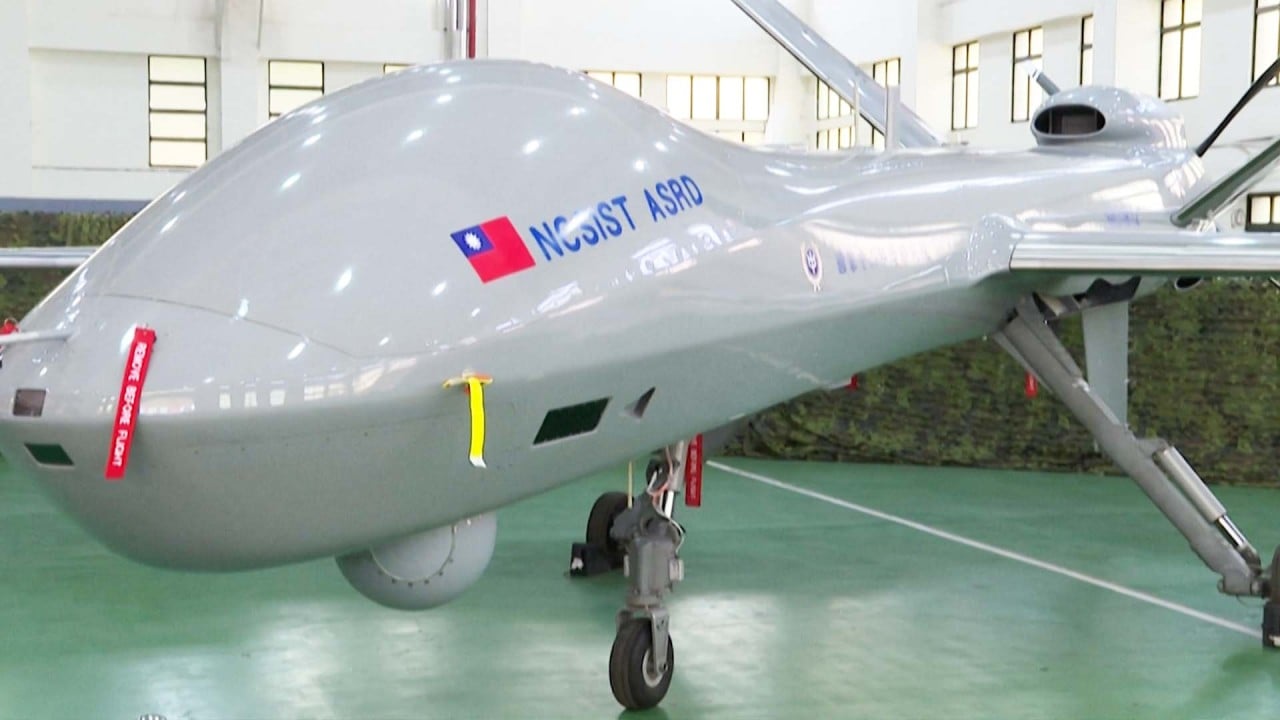
Taiwan, mainland China sea routes could resume after 3 years – maybe before Lunar New Year
- But the Taiwan side says it is ‘in the process of evaluating’ the worsening pandemic situation on the mainland before giving ferry services the green light
- Ferry routes across the Taiwan Strait stopped in February 2020 when the coronavirus began to spread through mainland China
Taiwan and mainland China, bedevilled for years by Covid-19 restrictions and political tension, anticipate a small-scale reopening of their sea-travel routes by next month, a legislator in Taipei said after a visit this week across the strait.
Ferries used to shuttle businesspeople and tourists across a narrow channel between the mainland city of Xiamen and the Taiwan-controlled island of Quemoy, which is also called Kinmen.
Another route links Taiwan’s Matsu island chain to Mawei on the mainland side. The routes handled a record 248 million person-trips in 2018.
Both routes had cut travel time for Taiwanese investors who would otherwise take circuitous flights to reach work sites around Xiamen or in northern Fujian province near Mawei.
For the first seven years after the mini-links launch in 2001, mainland-Taiwan air travel usually meant transiting in Hong Kong or Macau. Daily direct flights over the Taiwan Strait began in 2008.
Ferry routes stopped in February 2020 when the coronavirus began to spread through mainland China.
The links should restart “in the short term” and possibly before the upcoming Lunar New Year travel rush, Chen said, indicating that her contacts in Xiamen felt the same way. Next year, the traditional Chinese festival begins on January 22.
Taipei, Beijing trade barbs over latest import bans as Taiwan plans WTO case
Chen said she had travelled to Xiamen from Monday through Wednesday for lengthy meetings with mainland national security officials, representatives from Beijing’s Taiwan Affairs Office and customs authorities. She went through a “green channel” directly from the Xiamen airport to a hotel, avoiding mainland quarantine rules.
“We are old friends, so we can have these discussions,” Chen said.
Taiwan and the mainland have both mandated some of the world’s strictest and oldest Covid-19 border controls, including bans on leisure travel and quarantines of days to weeks for most arrivals. Taiwan scrapped its rules in October, and the mainland began easing up in recent weeks.
Taiwan National Security Council Secretary-General Wellington Koo told parliament in Taipei on Thursday that the island government would decide by January 21 what to do with the ferry services.
In Taipei, the cabinet’s Mainland Affairs Council spokesman, Chiu Chui-cheng, said at a news conference on Thursday that the government had set a “goal” to restart the ferry services, but that it was “in the process of evaluating” the mainland’s Covid-19 outbreak before giving the go-ahead.
“It’s an action that could be taken during important holidays,” Chiu said. “We’ll make an effort before Lunar New Year. But at the moment, the pandemic is getting worse – it’s quite severe and spreading to all cities and provinces.”
The Taiwan Affairs Office in Beijing could not be reached for comment.
Beijing sees self-ruled Taiwan as a breakaway province to be reunited with the mainland, by force if needed. Political relations across the strait became strained in 2016 after the election of Taiwanese President Tsai Ing-wen, leader of the independence-leaning Democratic Progressive Party.
Can Taiwan revive its moribund tourism industry after reopening?
A relaunch of ferry services would indicate political “goodwill”, said Tony Phoo, a Taipei-based economist with Standard Chartered Bank.
Ferry links could help travellers if air tickets become harder to get for the Lunar New Year season as the mainland keeps easing pandemic-related mobility controls, he added.
“[The ferry links] wouldn’t be much compared with the main ports such as the Taipei port and the Kaohsiung port,” Phoo said, naming Taiwan’s major marine shipping origins. “I guess we should interpret the reopening of the mini links as a gesture from both sides following rather tense relations for most of this year.”
The other pieces of the “mini-three links” comprise trade and postal exchanges, neither of which were cancelled during the pandemic.
Chen said she and her mainland contacts discussed wider mainland-Taiwan political relations but declined to say what the upshot was.
‘No reason’ mainland China won’t lift liquor ban, Taiwan lawmaker says
The liquor firm’s case is “not political”, Chen said after her meetings.
“It wasn’t meant to cause difficulty,” the parliamentary representative of Quemoy said. “It’s purely a trade problem with the application forms.”
Eight exporters of beverages, including Kinmen Kaoliang Liquor, had also been blocked since the mainland changed application procedures last year, Taiwan’s cabinet said. The suspensions had raised fears that mainland authorities were using trade to apply political pressure on the island.



